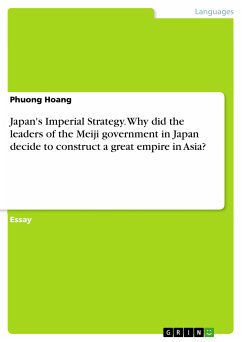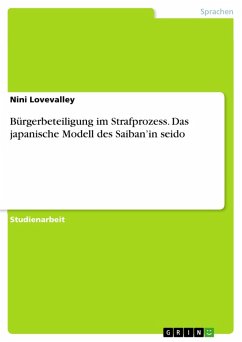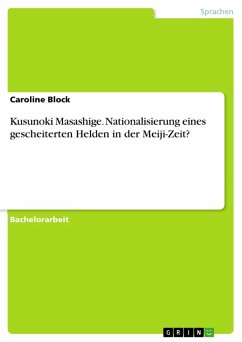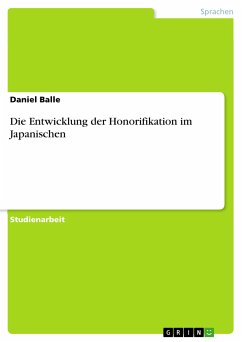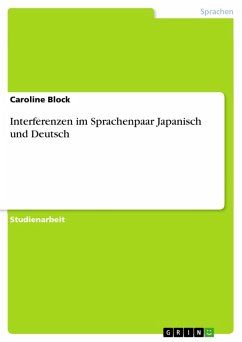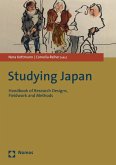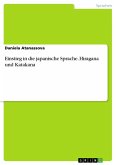Essay from the year 2015 in the subject Orientalism / Sinology - Japanology, grade: 93, , course: International Relations, language: English, abstract: The world in 19th century had seen the breakdown and collapse of numerous empires and kingdoms of Europe and Asia: first The Holy Roman Empire in 1806, then the defeat of Waterloo (1815) - which marked the end of Napoleonic Era, moreover, 19th century also witnessed the decline of the Ottoman Empire. On the other hand, this paved the way for other nations like England, France, Russia or China, to rise as new powers. During that time, Japan had dynamic political changes - the hundred-years-peace concreted by the Tokugawa Shogunate could not last any longer as the spread of Western imperialism was becoming larger in Asia. Therefore, the government of the Meiji realized that: Japan should become an Empire and emerge as the paramount Asian power along with her European counterparts, to maintain the balance of power so as to develop its national interests- this was Japan's Imperial Grand Strategy during early to mid-19th century.
Dieser Download kann aus rechtlichen Gründen nur mit Rechnungsadresse in A, B, BG, CY, CZ, D, DK, EW, E, FIN, F, GR, HR, H, IRL, I, LT, L, LR, M, NL, PL, P, R, S, SLO, SK ausgeliefert werden.

